Why Daisy
The renewable heat pump technology Daisy uses converts heat from the air into energy for domestic hot water, guaranteeing up to 75% energy saving compared to traditional electric storage water heaters.
The modulating power provided by the Inverter Technology and the electronic expansion valve in- installed in the refrigerant circuit allows it to reach a temperature of up to 62°C with the most efficient COP in the market, with short heating-up time and low noise. For added efficiency, Daisy can be conveniently coupled with other heat generators (solar or boiler) and photovoltaic panels. Moreover, models boast energy class A+.
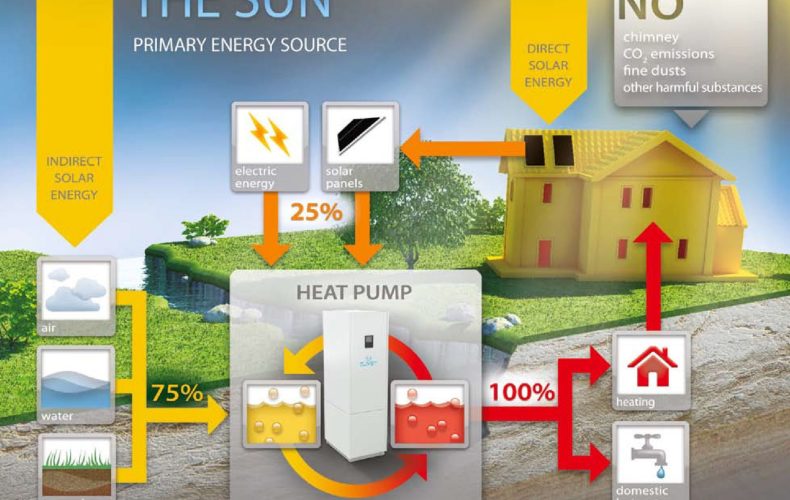
Hot Water
Electrical Energy
Air Heat
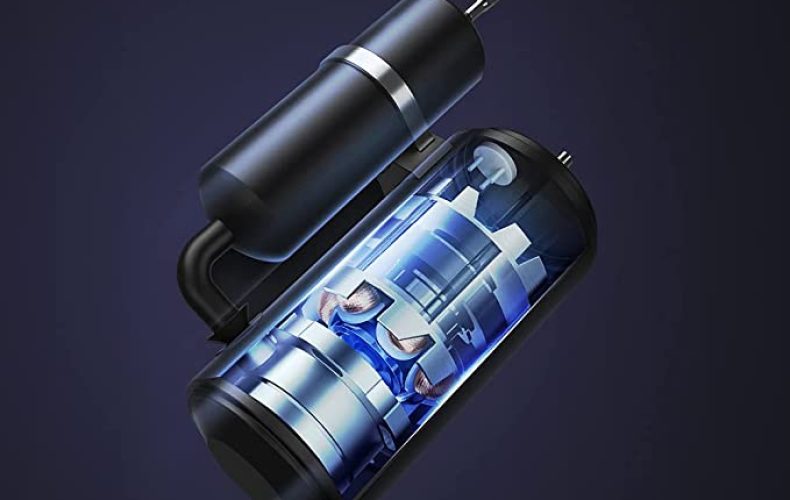
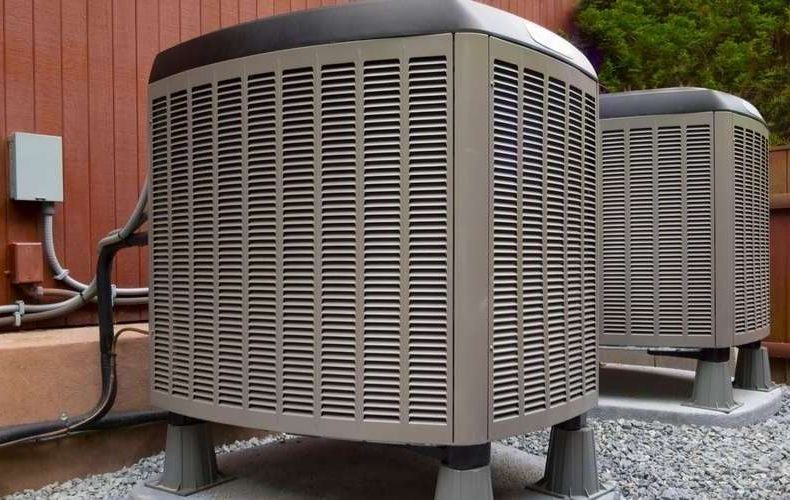
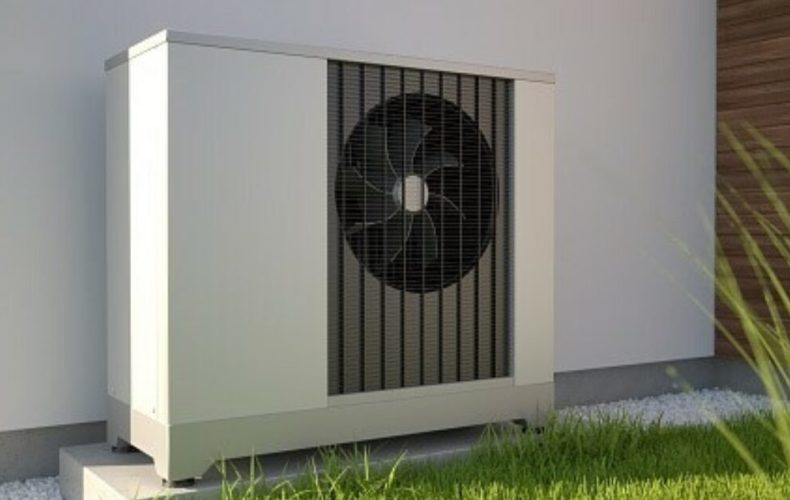
Heat pump Technology
The renewable heat pump technology Daisy uses converts heat from the air into energy for domestic hot water, guaranteeing up to 75% energy saving compared to traditional electric storage water heaters.
The modulating power provided by the Inverter Technology and the electronic expansion valve in- stalled in the refrigerant circuit allows it to reach a temperature of up to 70°C with the most efficient COP in the market, with short heating-up time and low noise.
For added efficiency, Daisy can be conveniently coupled with other heat generators (solar or boiler) and photovoltaic panels. Moreover, models boast energy class A+.
The demand for hot water contributes around 40%- 60% of the energy bills in a typical Kenyan household. Therefore, it is important to understand which technology can produce hot water in the most energy-efficient manner.
The most traditional hot water systems used in Kenya are electric boilers and solar water heaters. Heat pumps are a renewable heat technology that has been used widely in Western countries for the last 8-10 years and was introduced most recently in the Kenyan market. This technology provides a far greater energy-efficient solution to your hot water needs than a traditional hot water system.
Heat pumps are very cost effective solutions since they transfer heat from the air instead of producing heat like boilers do, this is referred to as renewable heat.
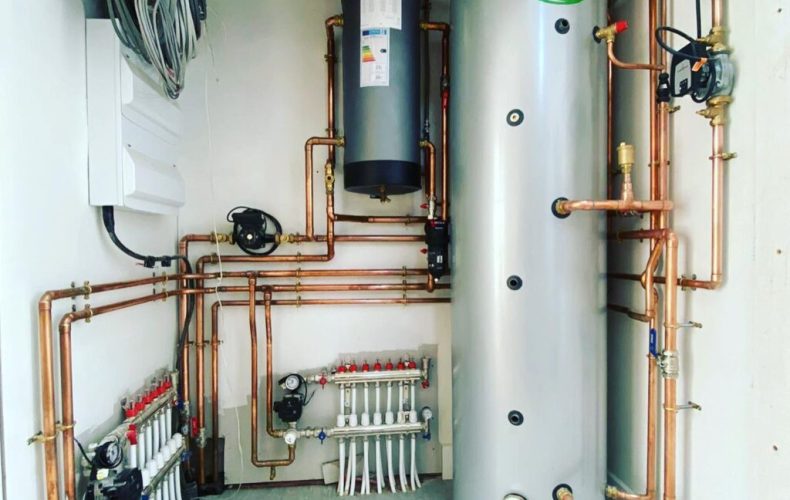
Installation
Heat pumps up to 120L can be wall-hanged and can replace an equivalent electric boiler. Heat pumps of 150 liters and above are self-standing on the floor. ConnectionThe connection of the heat pump is identical to the boiler with a cold water inlet and hot water outlet.
Can heat pumps work with a Solar PV system ?
A solar PV system can be used to operate a heat pump. Typically the AC is converted into DC with an inverter which then supplies DC to the heat pump. During the day, the solar PV system will supply power to operate the heat pump; at night, a battery system can be used to store the energy and operate the heat pump when there is no solar radiation. Since the energy needs of a heat pump are limited to about 400-500watts,
Efficiency
The demand for hot water contributes around 40%- 60% of the energy bills in a typical Kenyan household. Therefore, it is important to understand which technology can produce hot water in the most energy-efficient manner.
The most traditional hot water systems used in Kenya are electric boilers and solar water heaters. Heat pumps are a renewable heat technology that has been used widely in Western countries for the last 8-10 years and was introduced most recently in the Kenyan market. This technology provides a far greater energy-efficient solution to your hot water needs than a traditional hot water system.
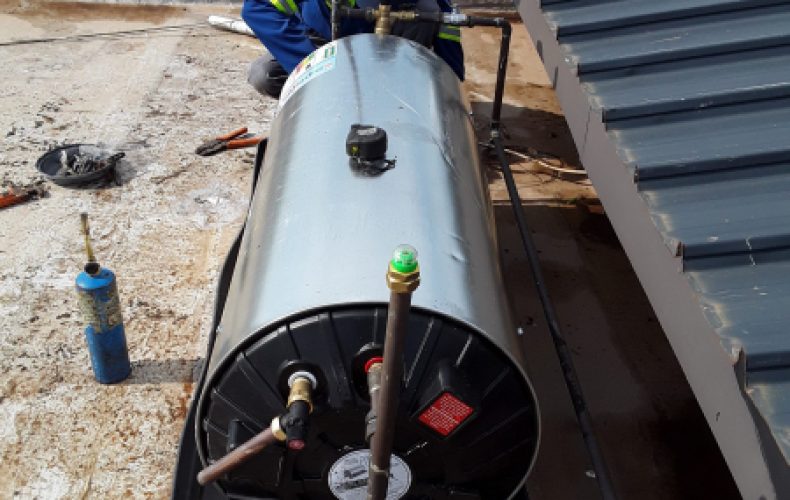
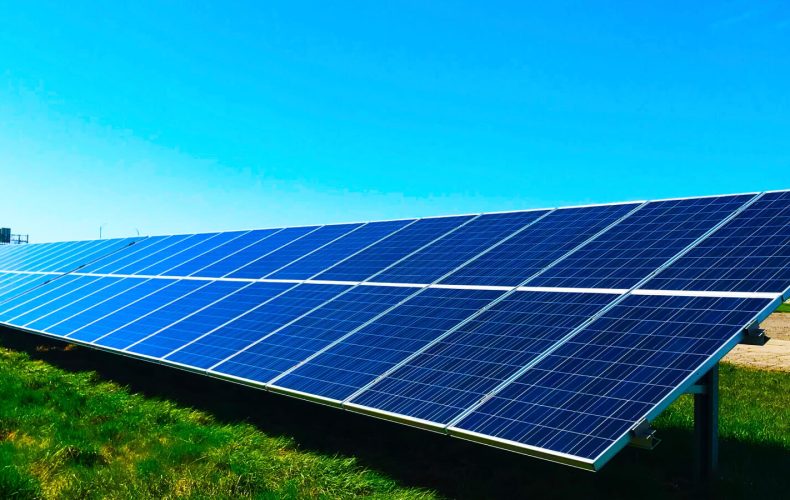
Efficiency
Heat pumps and solar water heaters are BOTH considered under the category of renewable heat.
Complete control over the weather isn’t possible, however complete control over your hot water is with Daisy Heat Pumps.
Day or night, rain, hail or shine; our hot water heat pump technology will deliver your hot water at your desired temperature with greater efficiency than conventional solar water heaters – without the need for sunlight!